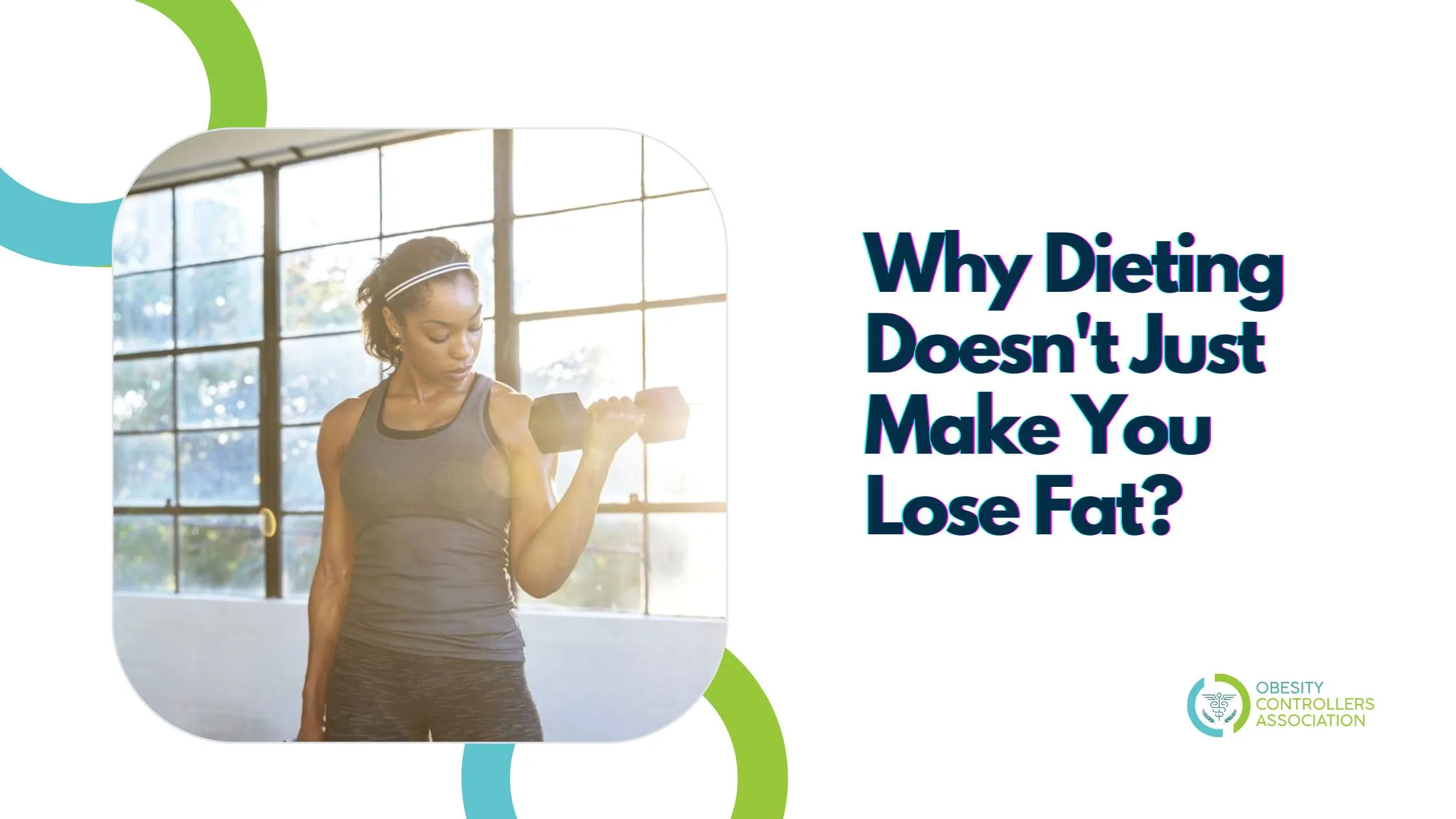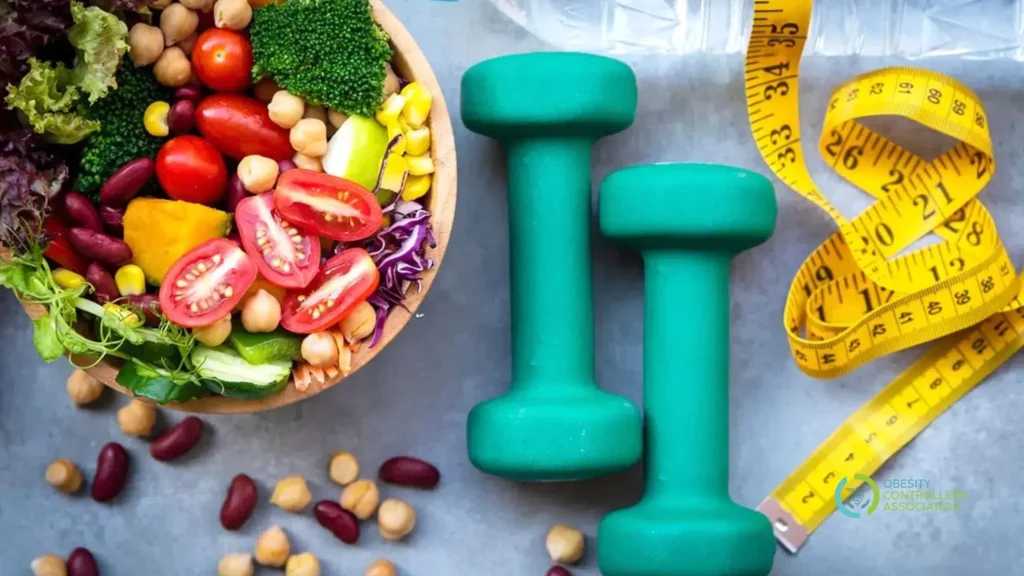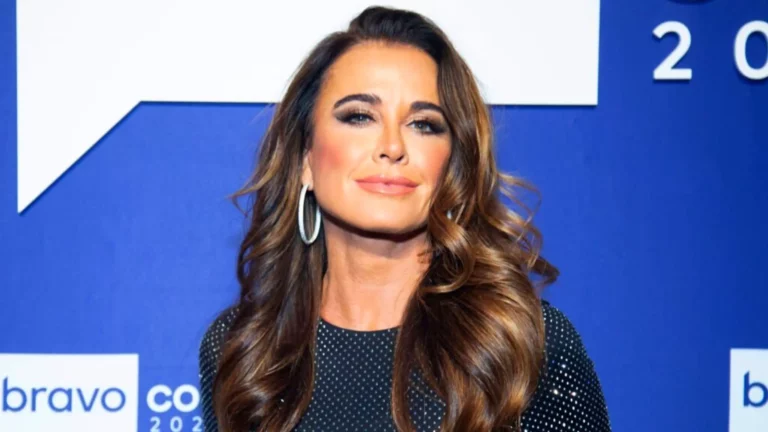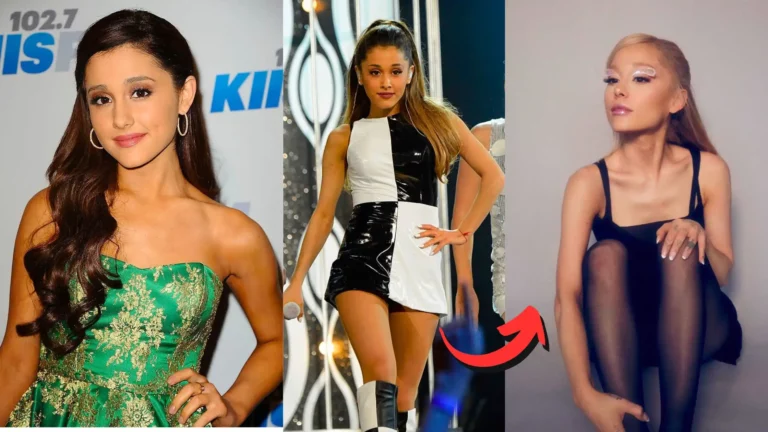Muscle Loss During Dieting: Key Reasons And Proven Tips!

Muscle Loss While Dieting: Discover the reasons behind muscle loss during dieting and learn effective tips to prevent it. Find out how to achieve your weight loss goals while maintaining muscle mass and avoiding common pitfalls
Dieting is key to losing weight. There is no chance you can achieve major fat loss goals without actually dieting. This is not to say that working out or taking fat loss pills is useless. All of those coupled with dieting can do the magic as you want it.
However one question remains, does dieting only help you lose fat? Can it be so fat-centered that it will not shed the muscles? Nope, that is impossible. Dieting also causes us to lose some muscle as well.
This can be extremely disheartening but we hope this blog will help you in the right way. Not only will we discuss the reasons but also some tips to avoid muscle loss and therefore make you the Greek god/Goddess you pine to be.
Reasons For Muscle Loss While Dieting
Now there are myriad reasons why people might lose fat and muscles with dieting. It is not healthy in any way and your doctor will say the same. So in case you think tipping the weight scale is also reducing the popping veins in arms, read on to know more.

Tips To Avoid Muscle Loss While Dieting
So now that you know how you can lose muscle with fat, things are going to get a bit tricky. However, there are ways to prevent muscle loss and we are going to delve just into that.
1. Don’t indulge in a rapid calorie deficit- For instance, if you used to eat around 5000 Calories do not reduce it to 1000 overnight. Give it time pace yourself and then maybe your body can adapt.
2. Never say never to protein- Proteins are an excellent way to build lean muscle mass and therefore should be a part of the diet no matter what. In fact, you should eat over 1.5-2 Grams of protein for every kilogram you might weigh.No gobbling up though.
3. Don’t resist resistance training- Resistance training can help a lot to bring out the bulges on your arms and legs. So engage in them as much as you can.
4. Watch what you eat- Now that doesn’t mean staying away from fats and carbs but also including as many nutrients in the food you eat. Make it balanced.
5. Give yourself a rest- Don’t hesitate from taking a little nap when you are tired or fatigued.
6. Go to a gym trainer- In case you are not sure how it all works, you can always hire a dietitian and gym trainer to balance what you eat and the amount you work out.
7. Consult a doctor- There might be a situation where you could be suffering from some underlying conditions that target your muscles instead of fat. If that’s what is underplay a doctor can help you with it by conducting some tests and treating the condition.
8. Plan a diet that you can maintain long term- When we first begin our journey and we tend to overdo everything but as time passes hunger and moods get the better of us. So it is imperative that you go for a regimen that suits your body and goals.
Weight loss is a tedious process yet extremely rewarding. You have to overcome all the challenges that it throws in front of you to make it to the other side. So next time if you want to starve a lot, know that it wouldn’t do any good.





